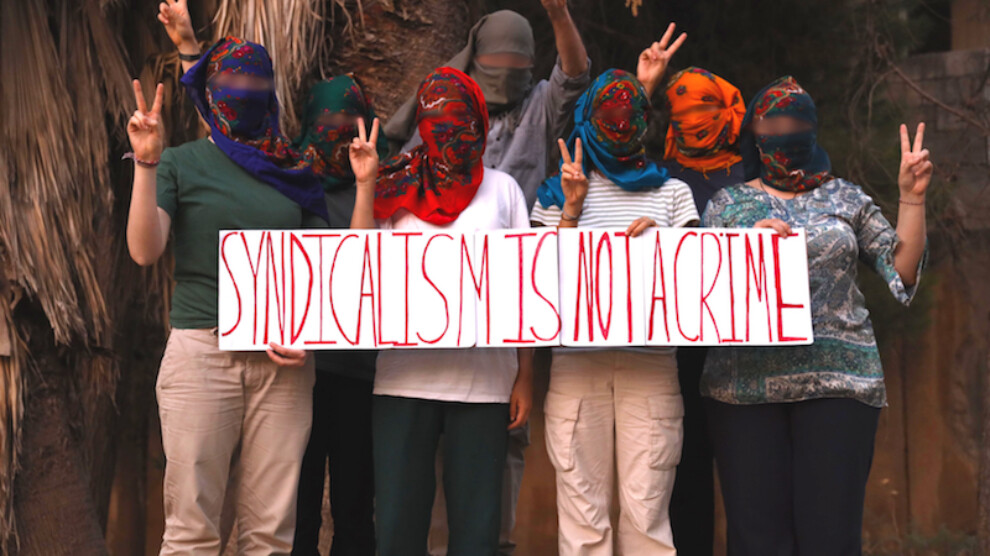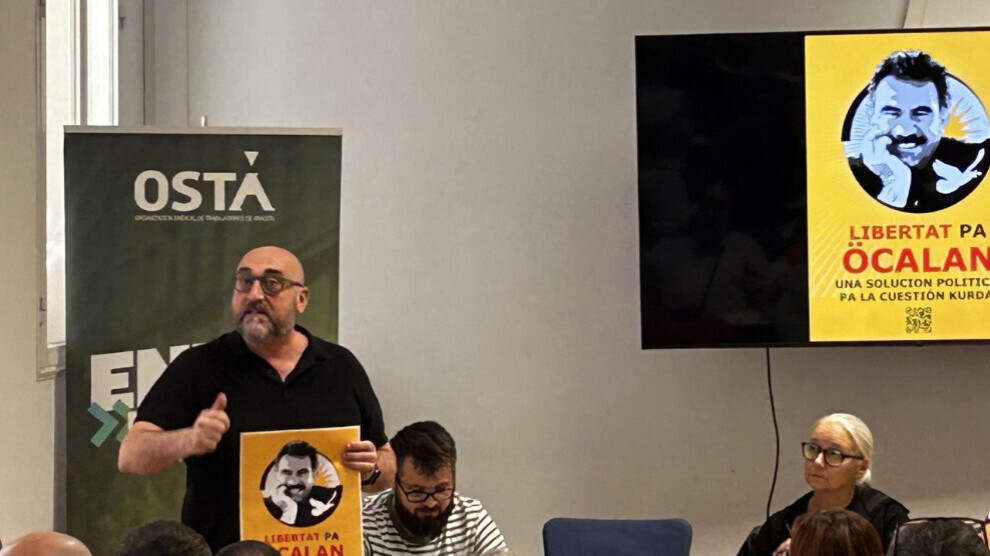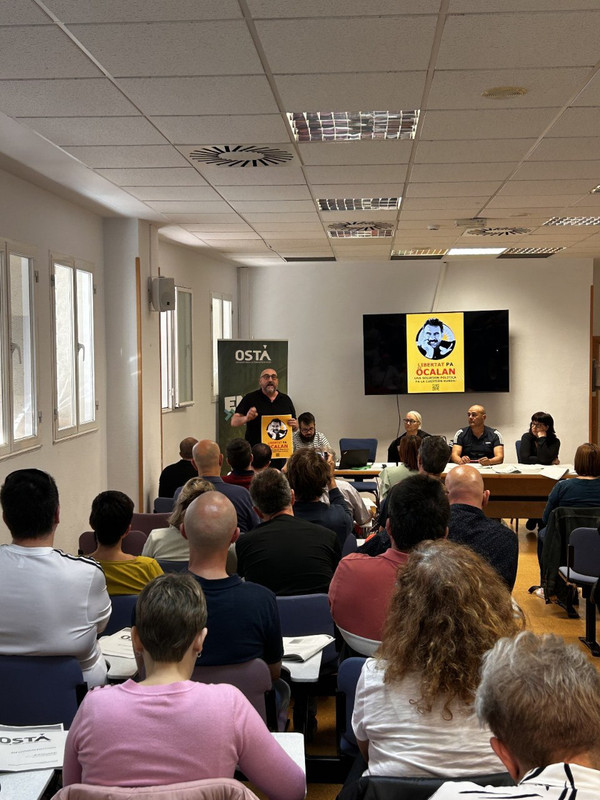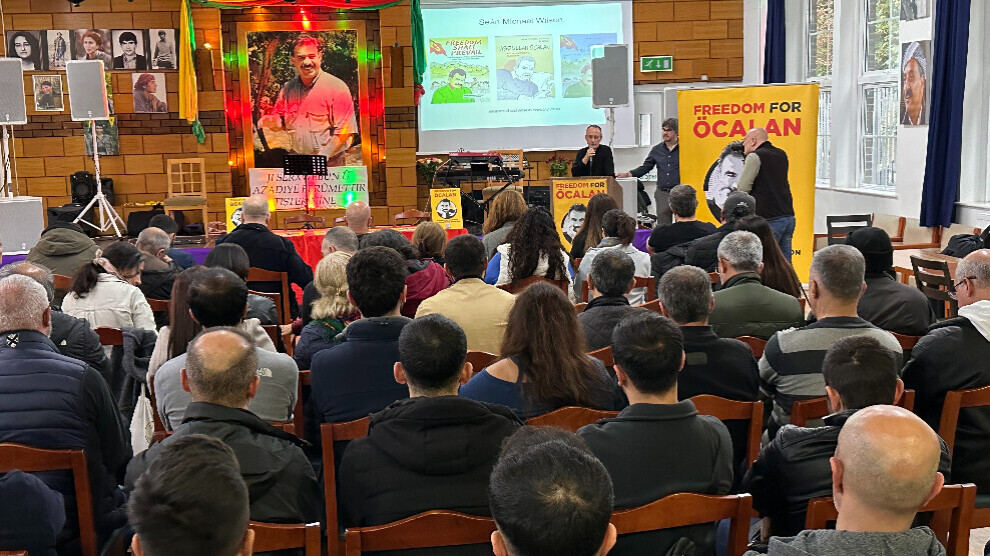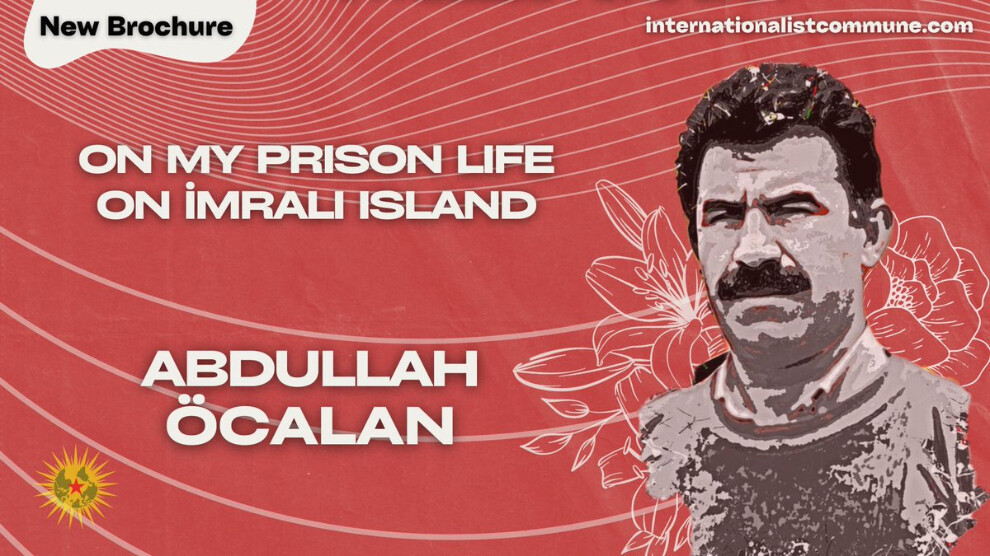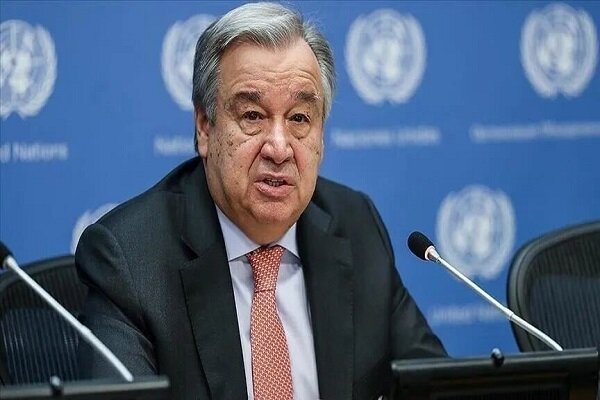
Illustration: Image generated with generative artificial intelligence program Midjourney by Colombian Prompt Image Generator engineer David Orjuela
This is an extract of an article by María Camila Botero Castro, Francisca López Molina, and Johan Alexander Sanabria Restrepo, first published on Distintas Latitudes on May 26, 2023. Global Voices republished this article as part of a media partnership agreement.
The impact of artificial intelligence (AI) on humanity is beyond dispute. From automating repetitive tasks to developing self-driving vehicles, AI has proven its ability to transform how we live and work. However, it has also raised serious questions about the future of jobs, privacy, and ethics.
The text above was initially written by Chat GPT, a large language model that the US AI organization OpenAI developed to generate coherent responses in a matter of seconds. But how exactly does this seemingly magic tool work?
AI platforms are data-fueled. The more data they have, the more accurate the output will be. And this doesn’t just mean one or two datasets, but billions! For Chat GPT to write the first paragraph of this article alone, it had to refer to 175 billion data variables. However, the dilemma here is who provides this data and under what conditions.
‘Ghost work’
Álvaro Montes, the director of Colombian Artificial Intelligence content at Prisa Media, explained that, for AI to work as we know it, it must first receive human training. This work, known as data labeling, involves analyzing and classifying information so the AI algorithm can learn from it. The most common tasks are voice and image recognition, text transcription, and word dictation.
According to Montes, “artificial intelligence platforms don’t think like humans do but use mathematical ‘reasoning’ instead. These platforms compare pixels, edges, and eye shapes.” For example, they must have first seen millions of photos of cats and dogs to differentiate between these two animals.
Allan González is one of those who have contributed to this sea of information, making artificial intelligence intelligent. For a year and a half (from 2019), he worked for the micro-task platform Spare5, analyzing images of streets, avenues, road signs, and pedestrians to train self-driving vehicles.
“It was a bit like slave labor,” he recalls.
Allan would sit in front of his computer screen all day analyzing these images. The time limit for completing each task was between five and 20 minutes. If he exceeded this time limit, he would not be paid. He thereby describes what he did as the “cheap labor fueling AI.”
Montes agreed:
This work is often done in Venezuela, Colombia, or African and Asia countries, because it is unskilled labor that doesn't require any qualifications and can be done cheaply there.
“With capitalism, everything is outsourced,” Montes added. This industry is no exception. Prominent Silicon Valley developers often subcontract data labeling tasks to companies that subsequently subcontract other companies to complete these tasks. Outsourcing hinders unionization, making it challenging to end unethical practices and demand better working conditions.
According to an investigation by the bimonthly magazine MIT Technology Review, “by mid-2018, an estimated 200,000 Venezuelans had registered for micro-task platforms like Spare5 and Hive Micro, accounting for 75 percent of their respective workforces.”
The workers at these companies mostly come from countries in the global majority. All testimonies on the Remotasks platform are from Kenya, Vietnam, the Philippines, and Venezuela.
According to DignifAi, a US company based in Colombia offering data labeling services, the other Latin American countries providing the most workers besides Venezuela are Colombia, Argentina, Panama, and Chile.
These companies insist they generate employment and support their workers. However, the MIT investigation concluded that their data labelers are low-paid (approximately USD 2 per hour), receive no social benefits, and work in poor conditions without any employment guarantees.
Other specialists, such as the anthropologist Mary L. Gray and the social scientist Siddharth Suri, have warned that data labelers’ mental health also suffers due to their grueling workdays in short-term jobs with high turnovers.
Although Allan didn't face any traumatizing images, he did carry out other exhausting tasks, both mentally and physically.
I’d say: “Clicking away on this computer is mind-numbing stuff.” The work is tremendously repetitive and offers no growth whatsoever.
“Given the challenging circumstances in Venezuela at that time,” Allan decided to take up data labeling since the pay was in USD. He received between 50 cents and USD 1 per task, depending on the task’s difficulty. Even so, he earned more than his country’s average salary. He said:
At that time, Venezuela’s monthly salary was 30 USD. So, I could earn what others earned in a month in one day alone.
For all these reasons, the MIT investigation also concluded that data labeling is not a reliable source of employment but another form of labor exploitation. It even states that “AI is creating a new colonial world order.”
How can we improve the working conditions of data labelers’?
Nevertheless, some companies claim to provide different working conditions. One such company is DignifAI, which mainly employs Venezuelan migrants and Colombians who used to live in Venezuela.
According to María Garcés, who at the time of this interview was head of operations at DignifAI, one of the guarantees they give their employees is a “decent salary.”
“If you look at the labeling industry statistics, you’ll see the salaries are below USD 1 per hour. We wanted to do things differently, and depending on the task, our salary is between USD 2 and USD 20 per hour.” She explained that DignifAI “always pays at least 30 percent above the minimum monthly salary of Latin American countries” but does not pay its labelers social benefits.
DignifAI projects range from content moderation to sentiment and toxic language analysis, tasks María describes as “very common in artificial intelligence. Here, you often have to look at striking images or read racist and homophobic texts.”
To reduce the negative impact on their mental health, María says that DignifAI provides psychological support for their employees, who also have social workers at their disposal. She also says they train them in other areas, such as digital marketing, entrepreneurship, community management, and professional and personal finances.
Ingrid Hernández is an employee at this company. She joined as a data labeler in late 2022 before becoming a text-based sentiment analysis project supervisor in February 2023. Before taking on this job, Ingrid was a language and literature teacher in Venezuela. However, the situation in her home country forced her to migrate to Colombia for better opportunities.
Although Ingrid has been unable to practice her profession directly, she has applied some of her knowledge to the text analyses at DignifAI. She is thereby satisfied with her working conditions.
You only work four hours a day and, at least in the case of data annotators, earn more than you would anywhere else on a part-time basis.
For María, all labeling companies must improve their annotators’ financial conditions.
The industry is waking up to the ethics of artificial intelligence now that they are in the spotlight. Now is the time to be vocal and raise awareness about the lives of those at the bottom of the social ladder so that the necessary changes can take place.
Although Álvaro Montes agrees, he believes the real problem is that Latin America is a region passively observing the Fourth Industrial Revolution. He said:
The challenge involves more than resolving the employment situation of the Venezuelan migrants labeling photos. Of course, this is only right, but we must step out of the consumer role to become the Thor of technology.
He believes doing so would resolve the underlying problem by creating skilled jobs that would contribute to the region’s growth.
Do we want to be a continent that develops technology and has many engineers, technicians, technologists, mathematicians, and scientists? Or do we want to be well-paid pizza delivery drivers and data labelers?
For Montes, the answer lies in strengthening innovation and ensuring technological sovereignty by becoming technology producers instead of importers.
